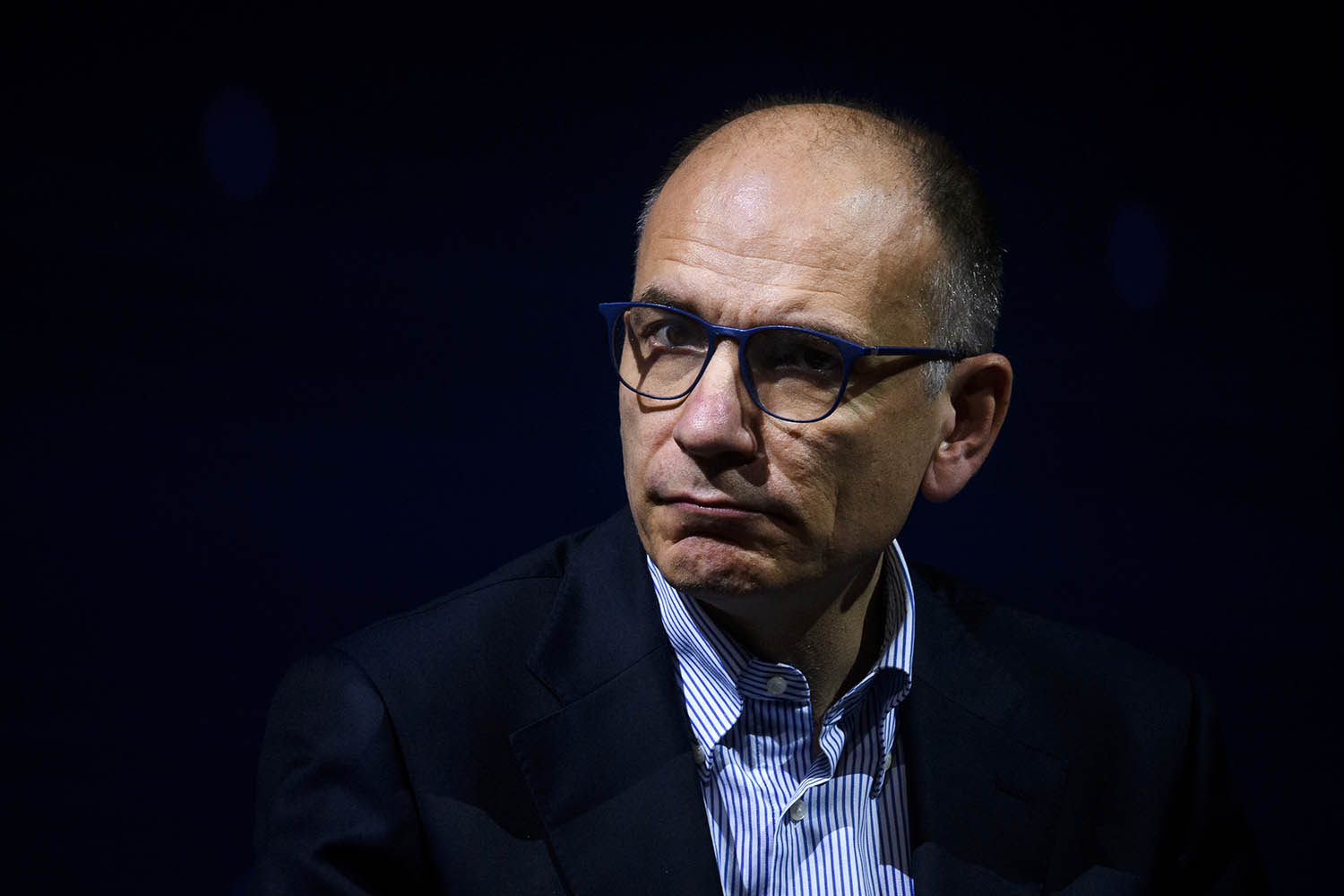One of Brexit’s least discussed casualties was the Capital Markets Union (CMU). Launched in 2014, the project aimed to knit together the EU’s fragmented financial markets, with London as its undisputed centre.
But when the UK left U, that vision was significantly undermined. Not because the goal was wrong, but because the response was.
Rather than rethink the model, Europe fell into a counterproductive struggle over who would take London’s place. Paris? Frankfurt? Amsterdam? Milan? Dublin? Madrid? Luxembourg? The question consumed time and political capital, blinding us to a reality we should have acknowledged from the start: there is no other London.
No city on the continent offers the same scale, depth or gravitational pull for financial markets.
And so the debate over “who leads” missed the point entirely. What Europe needed was not a new financial capital. It needed a new approach. A different direction for integration. That is precisely what the Savings and Investments Union (SIU) offers, and why it may prove to be the real game-changer Europe has been waiting for.
The EU’s core economic challenge today is not a lack of capital. It is the inability to mobilise it. Europe is a continent of savers, yet each year billions of euros in European savings flow abroad, primarily to the US. This capital flight is the direct consequence of market fragmentation and regulatory divergence. It starves our economy of the long-term private investment it so urgently needs: for innovation, infrastructure, the green transition and defence.
Across the Atlantic, the US continues to dominate in high-impact sectors such as artificial intelligence and space. These are not just triumphs of entrepreneurial spirit; they are the result of deep and sustained private investment. In the past, such successes were built primarily on public funding. Today, they rely on the agility and scale of American capital markets, supported by private equity, venture capital and initial public offerings. These are the areas where Europe falls behind, and where the gap is not only widening but becoming strategically critical.
The SIU aims to change this. Its logic is simple but bold. We must begin by unlocking private investment across the continent. Only then can we credibly add common public financing tools. Politically, the reverse sequence would be unworkable. Economically, it would be insufficient. The European Commission has recognised the urgency. In March, i t launched a roadmap for the SIU, calling for new savings products, targeted tax incentives, and greater regulatory harmonisation. But we cannot afford to move slowly. The pressure of a second Trump presidency, combined with growing geopolitical instability, demands a bold and immediate acceleration of European integration. Our competitiveness and our autonomy depend on it.
What is needed is a pan-European financial platform that brings together the EU with London, Zurich and Oslo. Such a platform should coordinate financial policies, align strategic objectives and deliver common responses to global shocks. The long-term success of the SIU will not come from closing doors, but from opening the right ones.
Photograph by Antonio Masiello/Getty Images
Newsletters
Choose the newsletters you want to receive
View more
For information about how The Observer protects your data, read our Privacy Policy
Enrico Letta was prime minister of Italy from April 2013 to February 2014.
